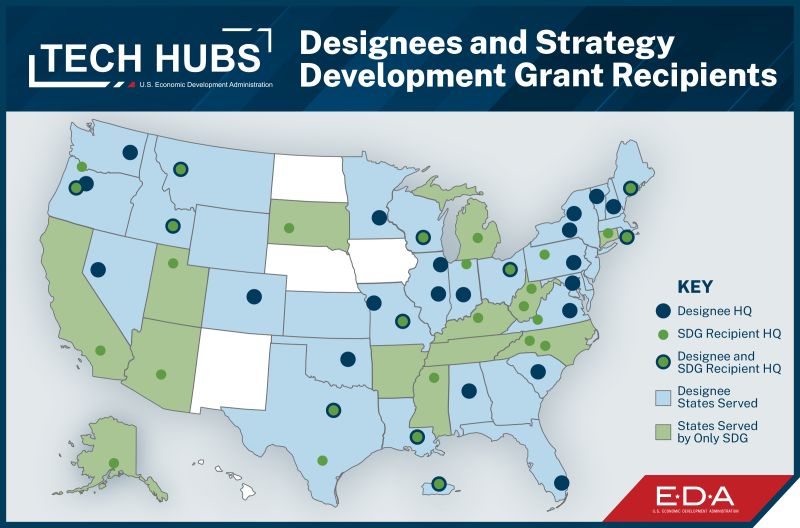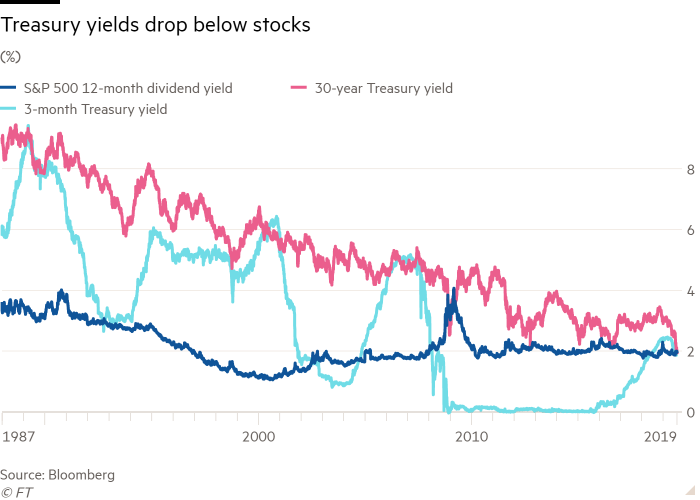Energizing USA: Pathways to Robust Economic Development
The economic landscape of the United States is ever-evolving, shaped by dynamic factors such as technological advancements, policy changes, and global dynamics. Nurturing robust economic development requires a multifaceted approach, addressing key areas that contribute to sustained growth.
Innovation and Technological Advancements
At the heart of economic development lies innovation. Embracing and fostering technological advancements are crucial components in staying competitive on the global stage. Investments in research and development, support for emerging technologies, and a culture that encourages innovation contribute to economic dynamism.
Infrastructure Investment for Connectivity
A nation’s infrastructure is the backbone of its economic development. Investing in modern and efficient infrastructure, including transportation networks, digital connectivity, and energy systems, enhances productivity, facilitates trade, and attracts further investments. A well-connected nation is better positioned for sustained economic growth.
Explore strategies for USA Economic Development at www.cleverscale.com
Education and Workforce Development
A skilled and educated workforce is a key driver of economic development. Prioritizing education, training programs, and continuous learning initiatives ensures that the workforce remains adaptable and capable of contributing to industries that drive economic growth. Investing in human capital is an investment in the nation’s economic future.
Small Business Support and Entrepreneurship
Small businesses are the backbone of the U.S. economy, and fostering entrepreneurship is vital for economic development. Providing support through access to capital, mentorship programs, and streamlined regulatory processes encourages the growth of small businesses, leading to job creation and economic diversification.
Trade and Global Economic Integration
In an interconnected world, international trade is a powerful driver of economic development. Forming strategic trade partnerships, negotiating fair trade agreements, and actively participating in the global economy contribute to expanding market opportunities and driving economic growth domestically.
Sustainable and Inclusive Growth Practices
Sustainability is integral to long-term economic development. Balancing economic growth with environmental stewardship ensures that resources are used efficiently, and the impact on ecosystems is minimized. Additionally, prioritizing inclusive growth practices addresses economic disparities and fosters a more equitable society.
Government Policies for Economic Stimulus
Government policies play a pivotal role in stimulating economic development. Implementing fiscal policies, tax incentives, and regulatory frameworks that support businesses and innovation can create an environment conducive to economic growth. A proactive government approach can catalyze positive economic outcomes.
Financial Inclusion and Access to Capital
Ensuring broad financial inclusion is essential for economic development. Facilitating access to capital for individuals and businesses, particularly those in underserved communities, promotes entrepreneurship and investment, contributing to economic vibrancy across diverse sectors.
Resilience to Economic Shocks
Building resilience to economic shocks is a critical aspect of sustainable development. This involves diversifying the economy, creating buffers for vulnerable industries, and implementing risk management strategies. A resilient economy can better withstand external challenges and recover more swiftly.
Cultivating Industry Clusters
Fostering industry clusters—concentrations of interconnected businesses in specific sectors—can amplify economic development. These clusters promote innovation, collaboration, and a competitive advantage on the global stage. Nurturing such ecosystems can lead to the emergence of specialized economic hubs.
Public-Private Collaboration for Growth
Collaboration between the public and private sectors is essential for fostering economic development. Public-private partnerships can leverage the strengths of both sectors, pooling resources and expertise to drive initiatives that benefit the broader economy. This collaborative approach ensures a unified and strategic approach to economic growth.
Continuous Evaluation and Adaptation
Economic development is an ongoing process that requires continuous evaluation and adaptation. Regular assessments of policies, industry trends, and global dynamics allow for timely adjustments. An agile and responsive approach positions a nation to capitalize on emerging opportunities and navigate challenges effectively.
In conclusion, energizing USA economic development requires a holistic and adaptive strategy. By prioritizing innovation, infrastructure, education, and sustainability, the nation can forge a path towards sustained economic growth, creating opportunities and prosperity for its citizens.
Explore strategies for USA Economic Development at www.cleverscale.com.




